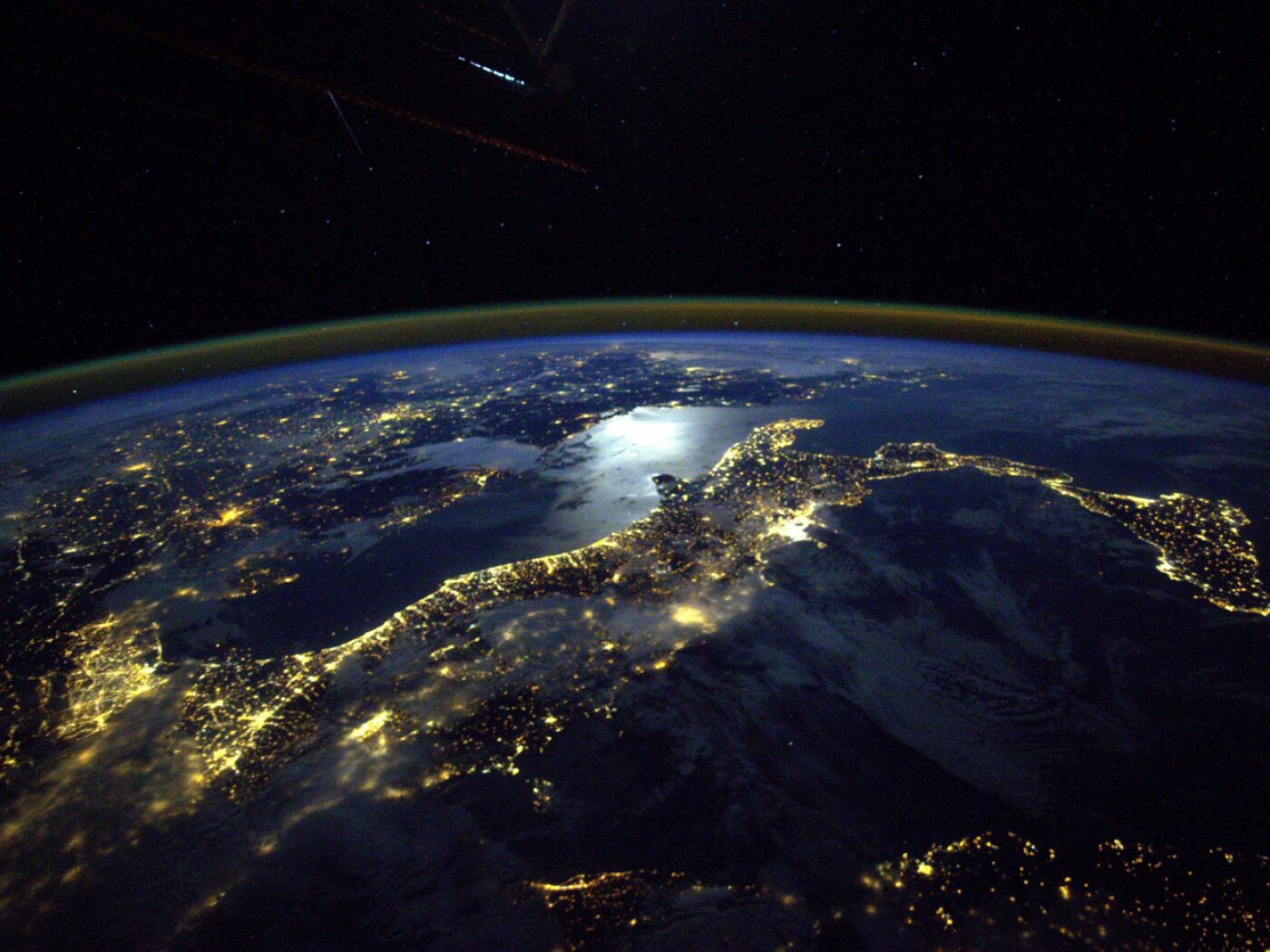
Earth overshoot day: humanity consumes resources as if we have 1.7 planets

As of today, Thursday, humanity has consumed more resources than the Earth can replenish in a year. In other words, we are living as if we had 1.7 Earths at our disposal. This is according to the organisation Germanwatch, citing calculations by the Global Footprint Network, which is based in the USA and Switzerland.
This year’s Earth Overshoot Day falls one day earlier than last year. The term encompasses the consumption of resources such as fish, arable land, and wood, as well as the Earth’s capacity to absorb waste and emissions.
+Get the most important news from Switzerland in your inbox
Air traffic: a minority causes global damage
Aircraft significantly harm the climate. In addition to carbon dioxide (CO2) emissions, they contribute approximately three times the greenhouse effect compared to the same amount of CO2 emitted on the ground, as Germanwatch highlights. One contributing factor is contrails. In contrast, rail transport presents a more sustainable option, being up to 28 times more climate-friendly than intra-European flights.
+Effects of 1.5°C global warming in Switzerland and beyond
Jacob Rohm from Germanwatch explains that a very small proportion of the world’s population is responsible for this major contributor to the climate crisis through their flying habits. Over 80 percent of the world’s population has never boarded an aeroplane.
Planetary boundaries
Germanwatch is not alone in raising concerns about the planet’s health. International research teams have been working on the concept of planetary boundaries, defined in 2009, which outline a safe operating space for humanity. These boundaries cover nine areas, including the use of fresh water, the function of the biosphere, the climate, and aerosols in the atmosphere. Studies have shown that six of these boundaries have already been exceeded due to human activities, including climate change and alterations to freshwater systems.
+Landmark ruling: Switzerland’s climate policy violates human rights
A 2024 study led by Arne Tobian from Stockholm University and Johan Rockström, Director of the Potsdam Institute for Climate Impact Research (PIK), examined how the violation of one boundary could lead to the crossing of another. The team focused on the changes caused by climate change in the world’s most important forest regions. Their simulations indicate that rising temperatures in the coming centuries could critically impact forest ecosystems, potentially causing the boreal forests to retreat northward, with mid-latitude forests following suit. Tropical forests, meanwhile, could see a slight increase in area. These changes could also affect freshwater systems and create feedback loops with the climate itself.
The team of experts emphasises the importance of viewing these planetary boundaries as an interconnected and interdependent stability structure. Policy measures that alleviate pressure on one boundary could influence the stability of the Earth system in other areas. This understanding is crucial in determining which actions should be taken or avoided to create a positive impact.
Switzerland living on credit since May
According to the Global Footprint Network, Switzerland had exhausted its natural resources for the year on May 13. Germanwatch notes that high consumption of meat and other animal products significantly impacts natural resource use in Switzerland.
+Switzerland in 2050: portrait of a climate-neutral country
Positive outlook
Germanwatch also offers some positive news: “For decades, Earth’s overshoot increased almost every year, but for nearly ten years now it has stabilised at a high level,” says Political Director Christoph Bals. “The good news is that we seem to have reached a tipping point.” He attributes this to the “global triumph” of renewable energies, storage technologies, e-mobility, and heat pumps. These and other trends need to be significantly accelerated to prevent climate tipping points and further significant loss of species.
More
Translated from German by DeepL/amva
This news story has been written and carefully fact-checked by an external editorial team. At SWI swissinfo.ch we select the most relevant news for an international audience and use automatic translation tools such as DeepL to translate it into English. Providing you with automatically translated news gives us the time to write more in-depth articles.
If you want to know more about how we work, have a look here, if you want to learn more about how we use technology, click here, and if you have feedback on this news story please write to english@swissinfo.ch.

In compliance with the JTI standards
More: SWI swissinfo.ch certified by the Journalism Trust Initiative
































You can find an overview of ongoing debates with our journalists here . Please join us!
If you want to start a conversation about a topic raised in this article or want to report factual errors, email us at english@swissinfo.ch.